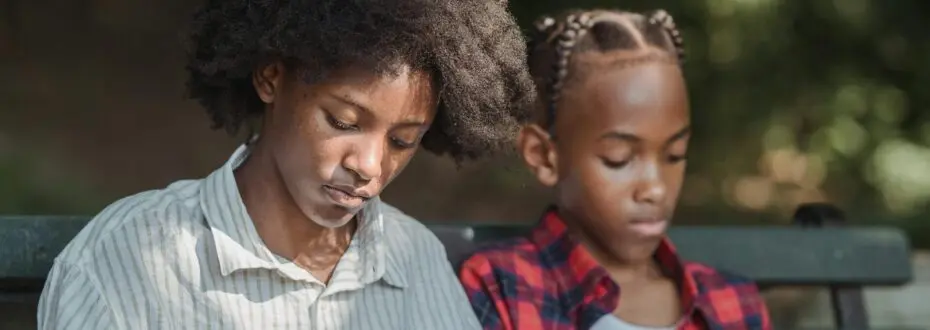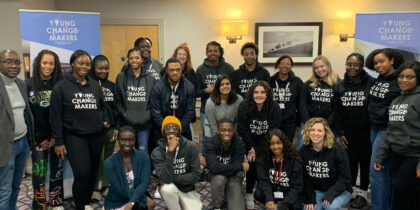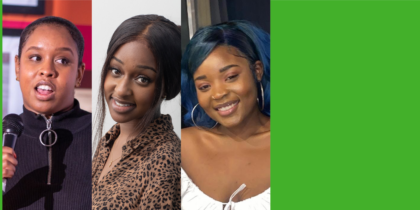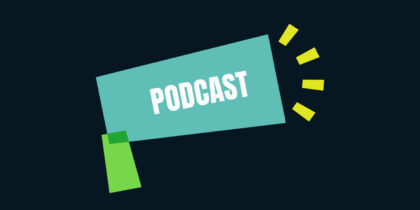My involvement in the Young Changemakers programme has been a transformative journey. Coordinated by UK Youth, The Diana Award, and Centre for Mental Health, this initiative aimed to reimagine mental health support for young people aged 14- 25 from Black and Black mixed heritage backgrounds, equipping them to design and implement social action projects that address mental health disparities within their communities. I joined the programme in March 2024, motivated by my background in mental health research and a desire to combine my passion for social action with evidence-based approaches. My goal was to develop culturally competent mental health services while addressing the systemic barriers that hinder access to support for young people. This opportunity allowed me to merge my lived experience with my passion for social justice, contributing to meaningful solutions.
The need to tackle racial injustice in mental health
The programme sought to address systemic racism, which drives poorer mental health outcomes among young people from racialised backgrounds. Research highlighted in A space to be me finds that young Black people are often excluded from early intervention and community-based mental health services while disproportionately represented in crisis services. Systemic barriers, including discriminatory referral pathways, criminalisation, and a lack of culturally sensitive support, exacerbate these inequities.
The broader exclusion of marginalised voices in decision-making has historically led to harmful approaches that neglect underrepresented groups. Research shows, for instance, that Black men are more likely to be diagnosed with mental health problems such as schizophrenia and are disproportionately subject to coercive measures like detention under the Mental Health Act, rather than voluntary care. They also experience higher rates of unemployment, housing instability and exposure to the criminal justice system, all of which are social determinants that contribute to stress and mental health challenges. From inequities in the criminal justice system to disparities in housing and health care, policies have often been tools of oppression rather than liberation for racialised communities.
Being a Young Changemaker
The Young Changemakers programme has worked to challenge these systemic issues by amplifying young Black voices. Through the Not So Micro campaign, for example, young people have campaigned for anti-racism training for teachers, conducting a survey of school staff and presenting at various events.
Stepping into my role as a Co-Producer, I initially felt a mix of uncertainty and optimism. Despite my longstanding commitment to addressing mental health inequalities within Black communities, finding a platform to effect meaningful change had been challenging. The Co-Producer role goes beyond holding a position; it involves embodying resilience, creativity, and leadership. It has required me to actively challenge and reshape methods that have historically excluded Black voices, ensuring our lived experiences inform and guide the solutions we create.
Through my experience, I’ve learned that co-production – where young people are at the centre of designing solutions – can help to create culturally competent and accessible services. For example, our programme has facilitated direct policy engagement, allowing young people to advocate for changes such as establishing community-based mental health hubs. In addition, I worked with other Co-Producers to design and deliver a survey of young Black people which shaped the programme’s recommendations, particularly emphasising the importance of involving young people directly in the design of services to ensure relevance and effectiveness.
What needs to change?
Decision-makers and organisations must prioritise involving young people from the start of programmes. Sharing power and resources with young people is crucial, enabling them to shape policies and solutions that directly impact their communities. Creating spaces where young people can present their recommendations to decision-makers ensures that their voices influence decisions meaningfully. These principles can be applied more broadly by national and local agencies and chime with A space to be me’s key recommendations which call on:
- Government to tackle racism through a comprehensive, cross-government strategy.
- Decision-makers and commissioners to engage young Black people in co-producing solutions to young people’s mental health challenges.
- Mental health services to offer culturally competent support for young Black people, with professionals from the same communities.
By amplifying the voices of Black leaders, activists, and community members who champion mental health and social justice, we create a blueprint for future changemakers. With continued advocacy, authentic inclusion, and a commitment to addressing the root causes of inequality, I remain hopeful that we can build a future where mental health services are equitable, accessible, and co-designed by those who need them most.








